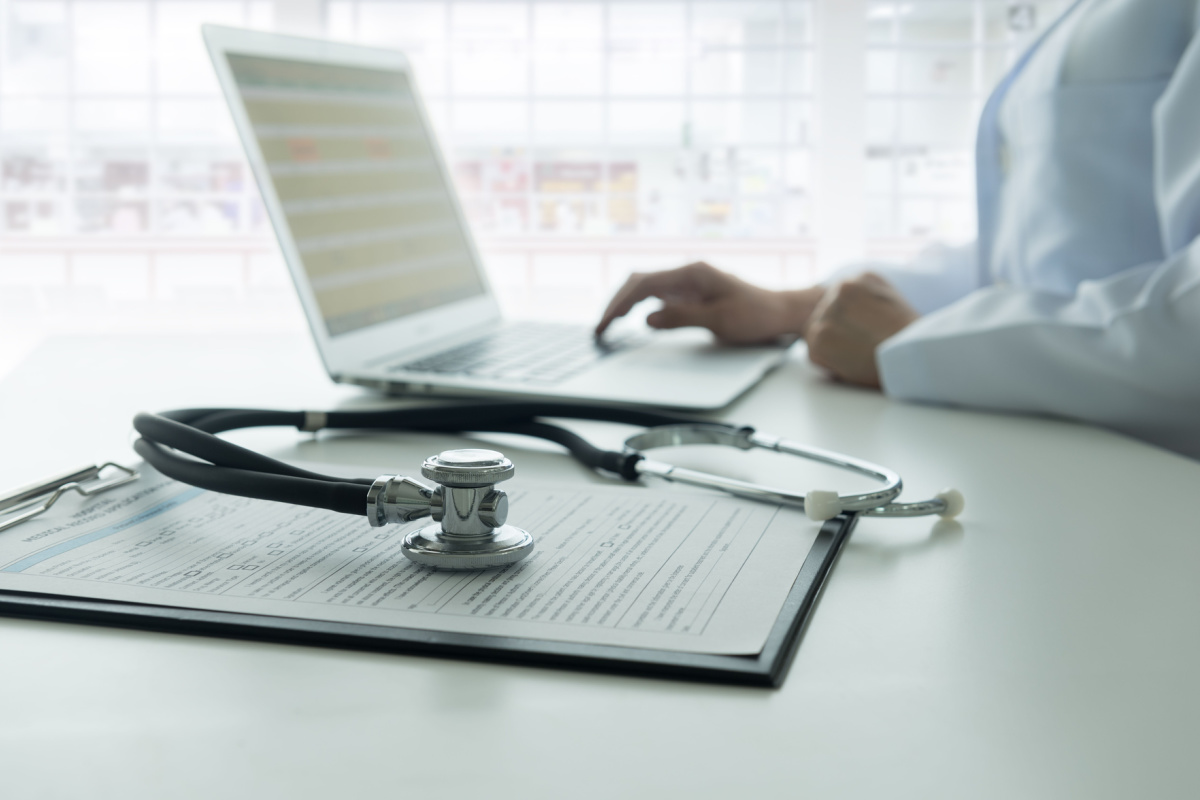
Understanding how Louisiana’s distinct Civil Code influences critical aspects of personal injury cases such as comparative fault, time limits, burden of proof, and compensation can help injured residents maximize their potential recovery.
| Factor | Description | Implications |
| Comparative Fault | Contributing partial fault reduces but doesn’t eliminate compensation | Must prove percentages of responsibility |
| Statute of Limitations | 1-year deadline from injury date to file suit | Need for prompt action |
| Burden of Proof | Duty to show defendant’s negligence directly caused damage | Importance of evidence gathering |
How does Louisiana’s atypical Civil Code shape the handling and outcome of personal injury cases compared to other states?
Unlike most states that follow English common law, Louisiana’s legal system is grounded in continental European civil code traditions stemming from its French, Spanish, and American heritage. This Civil Code is the bedrock of the state’s private law and sets guidelines dictating important aspects of personal injury claims like comparative fault, damage awards, statutes of limitation, burden of proof, and more. Understanding these unique Civil Code provisions is key for Louisiana claimants.
The Louisiana Civil Code dates back over 200 years and governs everything from property rights to contractual obligations. It establishes a comparative fault system where plaintiffs partially responsible for their injury can still recover reduced damages. There is also a one-year deadline to file suit. The Code outlines compensation types from economic losses to pain and suffering while placing the burden of proof on the claimant to demonstrate the defendant’s breach of duty caused harm. Amendments over time keep it relevant.
The Louisiana Civil Code serves as the bedrock of the state’s private law. It lays down the fundamental principles that regulate relationships among individuals. Born out of a unique blend of Spanish, French, and American legal traditions, it stands apart from other U.S. jurisdictions which typically follow English common law (laws based on the outcomes of court rulings)
The LCC was first enacted as the Louisiana Civil Code Digest in a bilingual version on March 31, 1808. Its initial draft was the work of attorneys James Brown, Louis Moreau-Lislet, and Edward Livingston and has since been updated and revised continuously. It remains the leading legal authority in Louisiana.
The Louisiana Civil Code plays a major part in personal injury cases within the state. It sets forth the guidelines for determining fault, awarding compensation, and establishing time limits for filing lawsuits.
Another important aspect is the statute of limitations, which specifies a one-year deadline from the date of the injury to file a lawsuit.
The Louisiana Civil Code’s comparative fault rule can significantly influence compensation in a personal injury case. Under this rule, if a person is partially responsible for their injury, it doesn’t completely bar them from receiving damages.
The Louisiana Civil Code sets forth a timeframe within which personal injury claims should be made, known as the statute of limitations.
The Louisiana Civil Code outlines the types and amounts of damages a person can receive in a personal injury claim. These damages are generally categorized into two main types:
It’s also possible for the court to award punitive damages, designed to punish the offender, but these are less common.
The amount of compensation can vary greatly, largely dependent on the details of the case and the degree of injury or loss experienced.
In Louisiana, when pursuing compensation for a personal injury, insurance claims are often the first step. The Civil Code has clear guidelines on how these claims should be processed.
However, insurers might offer a lower settlement amount than what is fair or necessary to cover the damages.
Therefore, understanding how the Civil Code impacts settlement negotiations can help individuals avoid potential pitfalls and ensure they are adequately compensated for their losses.
Under the Louisiana Civil Code, the party seeking compensation in a personal injury case has the responsibility to prove their claim. This proof generally requires showing that the other party acted negligently, and this negligence directly resulted in injury.
Therefore, collecting and preserving evidence from the earliest possible stage can be of great importance.
It’s worth noting that Louisiana courts follow a principle called ‘preponderance of the evidence,’ meaning that a claim will be successful if the evidence makes it more likely than not that the claim is true.
“Duty of Care” is a principle outlined in the Louisiana Civil Code that plays a significant role in personal injury cases.
A successful personal injury claim often hinges on proving that the defendant breached their duty of care.

The Louisiana Civil Code is not a static document. It can be amended and updated to reflect societal changes, court decisions, and advances in legal thought.
While it’s not possible to predict specific future changes, being aware that the Civil Code can and does change is important.
If you are dealing with a personal injury claim, please contact the Charbonnet Law Firm, LLC online, or call our office at (504) 294-5118.

With over 50 years of legal experience serving families in the New Orleans area and surrounding Louisiana communities, our firm takes pride in providing clients with personalized legal services tailored to individual needs.